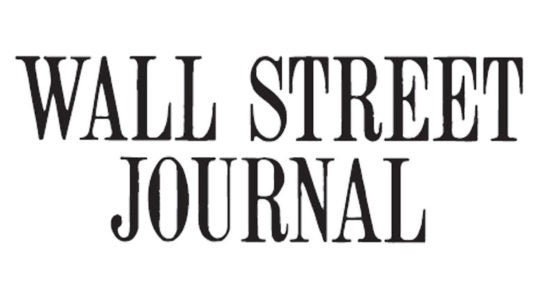Airbus SE has agreed with Spain and France to change some financial-support agreements, in an attempt to bring an end to a yearslong trade dispute with the U.S.
The European planemaker said Friday that it thought the move would bring it into full compliance with World Trade Organization guidelines and remove the justification for U.S. tariffs.
The U.S. has for years argued that Airbus benefits from European government subsidies that have harmed the U.S. aerospace industry and its workers. Last year, it won authorization from the WTO to impose tariffs in response, and swiftly introduced levies on $7.5 billion worth of aircraft, food products like cheese and other goods from the European Union.
Earlier this year it said it would increase tariffs on aircraft coming from the EU while the dispute remained unsolved.
Airbus said Friday it wanted to end the dispute, which it said was adding to a difficult environment amid the coronavirus pandemic. European industries targeted by U.S. tariffs in the dispute have pressed Airbus and their governments to settle the fight because the new levies are compounding economic pain from the pandemic.
Airbus has agreed to change a so-called Repayable Launch Investment — essentially government-subsidized loans to help develop and produce new aircraft — related to its A350 jetliner to abide by parameters considered appropriate by the WTO.
Under the changes announced Friday, Airbus will increase the payment it makes to governments on each A350 delivered to a customer. The increase will bring the interest rates Airbus pays on its government loans to market rates stipulated by the WTO, up from subsidized rates.
The WTO is expected to rule later this year on a related case brought by the EU against U.S. subsidies of Boeing. At that point, the EU could be authorized to strike back with tariffs of its own.
French Finance Minister Bruno Le Maire said Friday that Europeans want to discuss with the U.S. how to improve international rules for aircraft financing.
“But if the United States continues to refuse an amicable negotiation, the European Union will have no choice but to adopt tariff sanctions against American products, when the WTO will allow us to do so in a few weeks in the Boeing litigation,” he said.
To view the original article, please click here

